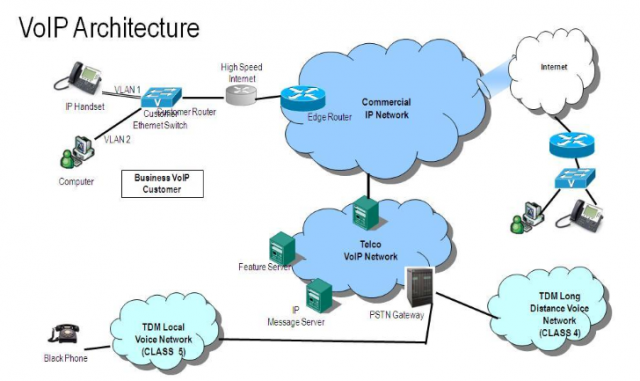Do you want to know about the commercial phone systems or commercial telephone networks? In this article we will go through what PBX phone setup is all about and what its best features are. You can learn more about why it is traditionally limited to get used by larger businesses. However, rules have changed. Availability of the PBX phone networks has allowed many small businesses have the cost efficient and rich feature phone setups some years ago.
PBX system – Private Branch Exchange or PBX “branch” is the phone extension in private system. This kind of enterprise phone systems is used in the big companies, since they need substantial investments. The businesses will have to buy the house hardware, and have the programmers to program this kind of the commercial phone network to work. They’re customizable and programmed for including all kinds of features (call accounting, auto attendant, conferencing calling and caller ID) or calls routing – that’s the benefit.

commercial phone systems
Virtual systems during the last ten years the virtual networks have allowed every small business to enjoy several features of the big company PBX network. The virtual systems can emulate all key features of the conventional PBX network phone functions like automated queuing and distribution, auto attendant, music at hold and lots more. The commercial telephone systems like virtual PBX enable the small businesses enjoy work like the big company for the affordable rates every month. The virtual phone setup can be hosted by the vendor that can program and maintain this system. The business mobile phone deals will work for regular telephone lines and VoIP lines. The commercial phone systems networks are the communication systems every businesses want to have. They generally include handsets, many different features and interconnectivity that includes intercom, monitoring of silent room, caller ID, internal paging, and others. System must work very well with some other equipment such as answering the machines, fax machines, cordless phones, as well as computer modems.
Generally, there are 3 types of the office telephone systems networks on market right now. They include Private Branch Exchange, Key system & KSU-less system. PBX phone systems are well suited for companies with above 40 plus staffs and suited for the advanced functionalities and features. Key system can be appropriate for 5 to 40 staff. Such system uses named central unit as a key system for giving some unique functions like letting users make the calls to other office extension. Problem with the system is that it’s very less customizable. Current technological developments also have blurred distinction from Key systems and PBX. Lots of Key systems now make use of PBX features and some of the units make use of PBX & Key features both. Both Key and PBX phone networks are costly to install on any commercial phone systems.
The KSU-less networks are well suited for the small businesses with 10 employees or less. For lower investment, the KSU less networks are made to give several features of small business in the decentralized way. They don’t need the central cabinet or aren’t installed in office permanently and can get moved very easily.